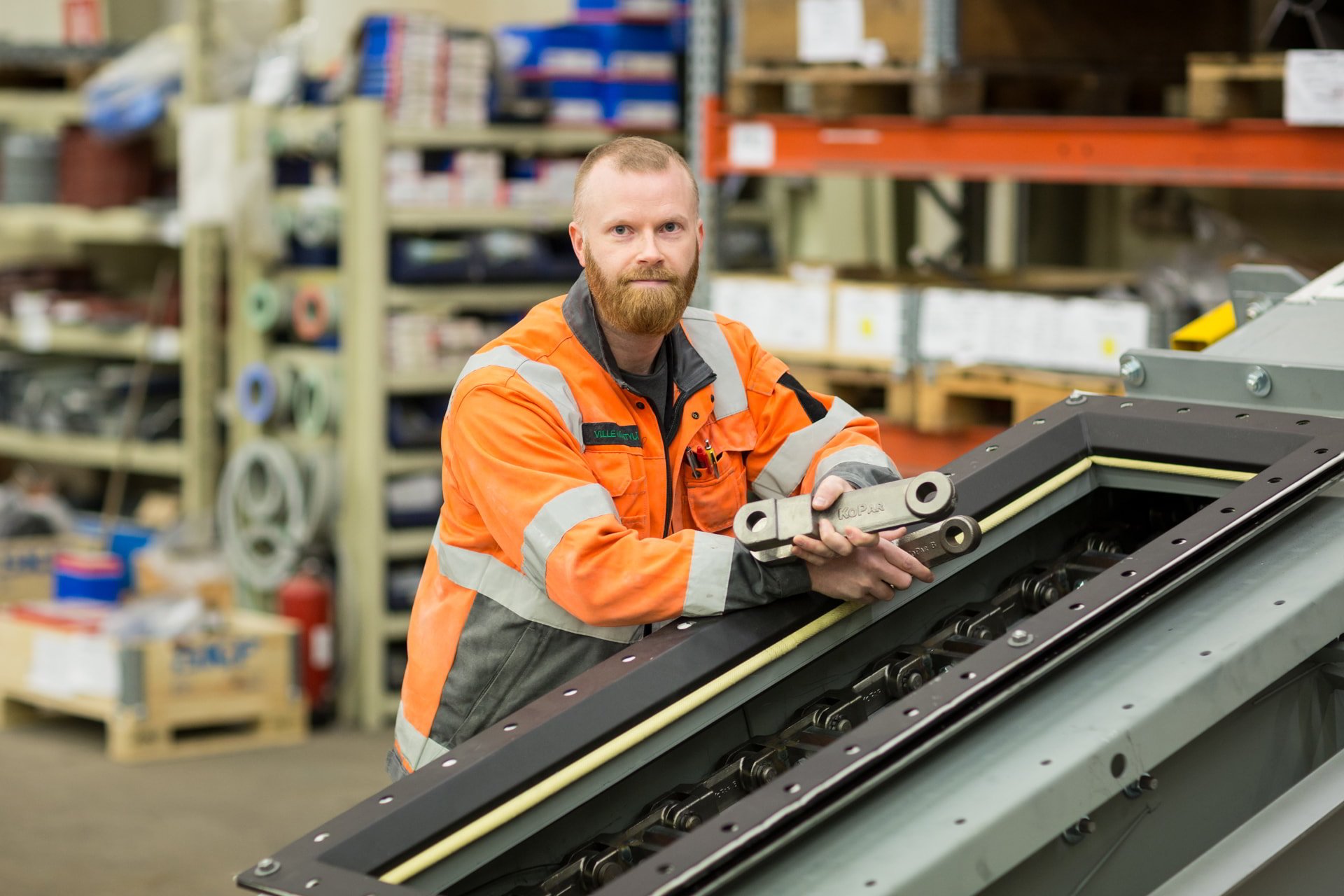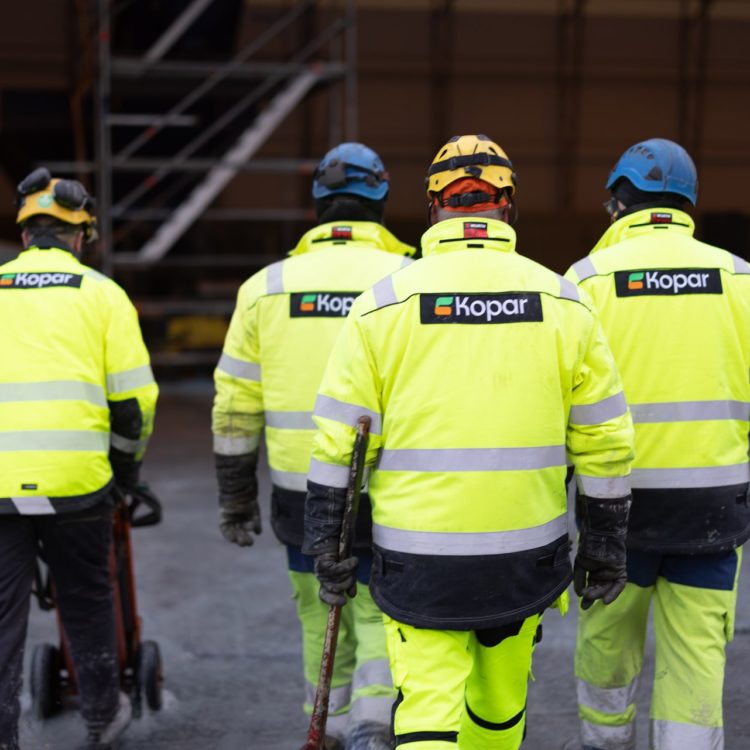In waste heat boilers, effective management of dust removal and temperature control is crucial for ensuring optimal operation and longevity. Dust removal primarily focuses on maintaining boiler efficiency and preventing damage by eliminating particulate matter that can accumulate and impair performance. Temperature control is vital for maximizing heat recovery efficiency and ensuring operational safety. Prioritizing dust removal before temperature control is essential, as it directly impacts the effectiveness of subsequent temperature management processes. Understanding these differences helps optimize boiler operation and improve overall system performance.
What is the primary function of dust removal in waste heat boilers?
Dust removal in waste heat boilers is vital for maintaining efficiency and preventing damage. Dust particles, often originating from high-temperature off-gases, can adhere to boiler components, causing wear and reducing thermal transfer efficiency. Effective dust removal methods, such as electrostatic precipitators or fabric filters, capture these particles, ensuring that the boiler operates smoothly and efficiently. By preventing dust accumulation, we can enhance the lifetime of the boiler, minimize maintenance costs, and reduce the risk of unexpected failures.
Dust particles can clog the boiler's heat exchange surfaces, which can lead to overheating and potential damage. Additionally, dust can contribute to corrosion, further degrading the system. It is crucial to implement robust dust removal systems to prevent these issues. Advanced technologies, such as baghouses and cyclones, offer effective solutions by capturing and removing particulates before they settle on critical components.
How does temperature control impact waste heat boiler operation?
Temperature control is essential for optimizing the efficiency and safety of waste heat boilers. Proper management of temperature affects heat recovery efficiency, ensuring that maximum energy is extracted from waste gases. It also safeguards against excessive temperatures that could damage equipment. Techniques such as automated control systems and heat exchangers are employed to regulate temperature effectively, maintaining the balance required for efficient operation.
Inadequate temperature control can lead to inefficiencies and increased operational costs. For instance, if the temperature is too high, it could lead to material degradation or safety hazards. Conversely, if too low, it might not sufficiently recover energy. Therefore, technologies like advanced sensor networks and thermocouples are employed to constantly monitor and adjust temperatures, ensuring optimal conditions are maintained within the system.
Why is dust removal critical before temperature control?
Prioritizing dust removal before temperature control is essential as it directly affects the effectiveness of subsequent temperature management processes. Dust can insulate heat transfer surfaces, making temperature regulation challenging and inefficient. By ensuring a clean environment within the boiler, temperature control mechanisms can function optimally, enhancing both energy recovery and equipment safety.
Moreover, dust removal facilitates better performance of temperature control systems by preventing blockages and reducing wear on components. This sequence ensures that the system operates at peak efficiency, reducing the risk of operational disruptions and prolonging the lifetime of the boiler.
What are the common challenges in dust removal and temperature control?
Challenges in dust removal and temperature control often stem from the complex nature of waste heat boiler operations. Common issues include inefficient dust capture, which can lead to system blockages and reduced efficiency. Additionally, fluctuating temperatures can cause thermal stress and material fatigue. Troubleshooting techniques include regular maintenance checks, installation of advanced filtration systems, and the use of robust temperature monitoring equipment to mitigate these challenges.
Preventive measures, such as routine inspections and advanced monitoring technologies, are crucial for identifying potential issues early. By implementing a proactive approach, operators can address problems before they escalate, ensuring that the system remains operational and efficient.
How can Kopar enhance dust removal and temperature control in waste heat boilers?
At Kopar, we leverage our expertise in designing and manufacturing high-quality equipment to enhance dust removal and temperature control in waste heat boilers. Our solutions are tailored to optimize the performance of industrial systems, ensuring efficient dust capture and precise temperature regulation. By integrating advanced technologies and innovative designs, we help clients achieve superior operational efficiency and sustainability.
For instance, our successful implementations have demonstrated substantial improvements in energy recovery and a reduction in maintenance requirements. By focusing on customized solutions, we ensure that each system is equipped to handle specific operational demands, resulting in enhanced performance and reduced environmental impact.
The future of waste heat boiler optimization
The future of waste heat boiler optimization lies in continuous innovation and the integration of cutting-edge technologies. By focusing on advanced dust removal systems and precise temperature control mechanisms, we can significantly improve the efficiency and sustainability of industrial processes. As industries strive for greener operations, the role of efficient waste heat boilers becomes increasingly critical.
Key takeaways include the importance of prioritizing dust removal, the impact of effective temperature management, and the need for continuous monitoring and maintenance. By staying ahead of technological advancements and industry trends, operators can ensure that their systems remain efficient and environmentally friendly. This commitment to innovation not only enhances operational performance but also contributes to a more sustainable future for industrial processes.

You have a challenge that needs solving?
Let us help! Contact us for more information about our products and services.
